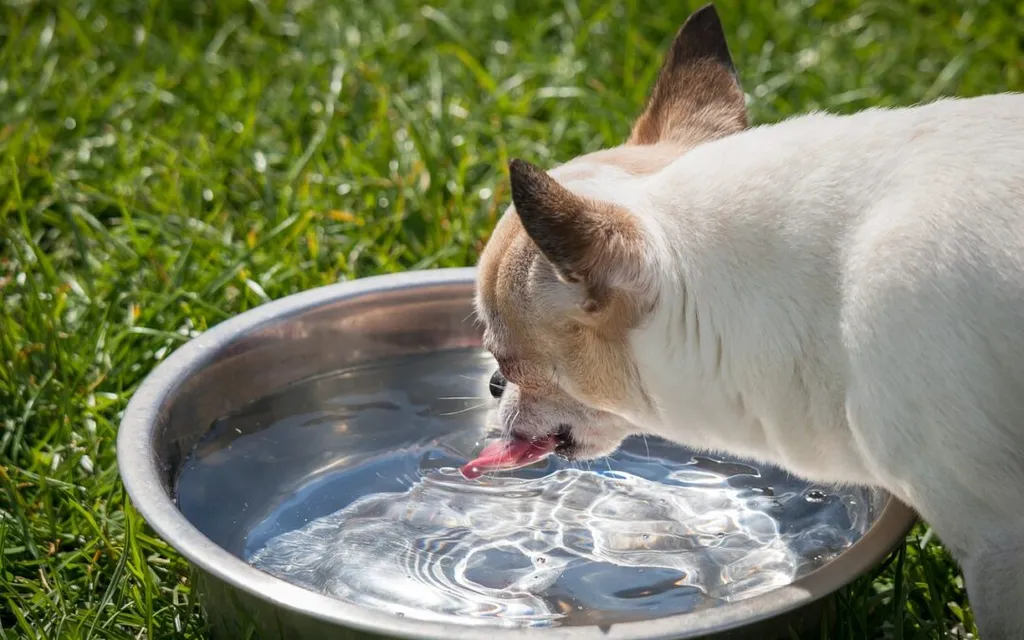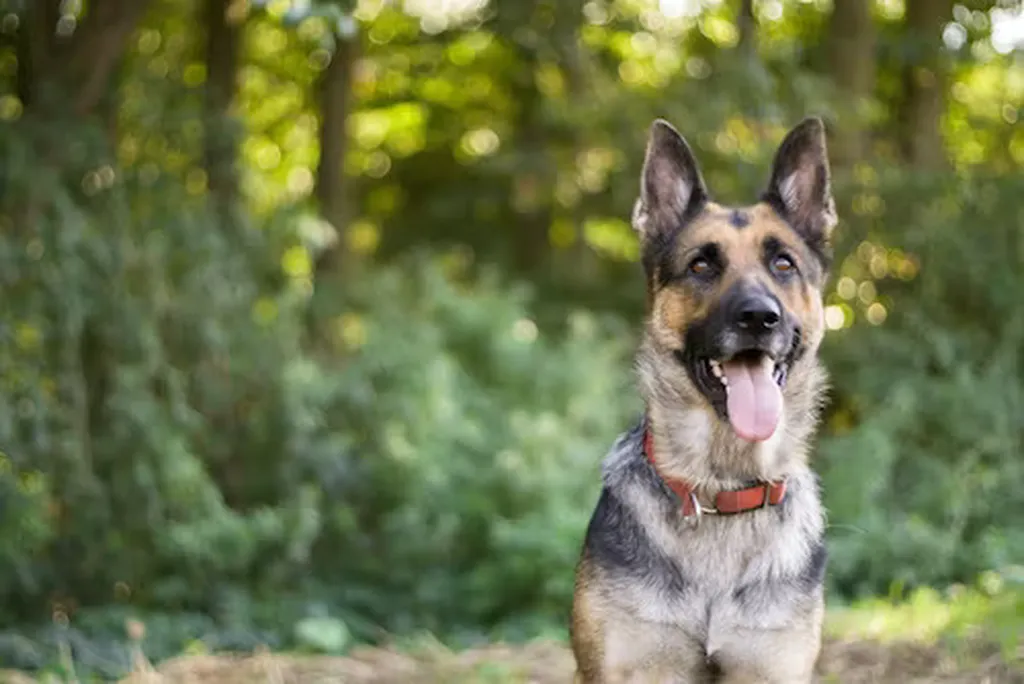From Woofs to Wows: Mastering the Technique of Dog Tooth Brushing
Embarking on a tooth-brushing routine with your dog might seem daunting, but with the right guidance, it can become a positive and enjoyable experience for both of you. In this step-by-step guide, we’ll break down the process of canine tooth brushing, offering practical tips to make it a stress-free activity for pet parents and their dogs.
Step 1: Introducing the Toothbrush – Begin by acquainting your dog with the toothbrush. Allow them to sniff and lick it to make the experience positive. Choose a soft-bristled toothbrush specifically designed for dogs. Avoid using human toothpaste, as it may contain ingredients harmful to pets. Opt for dog-friendly toothpaste with flavors like poultry or beef to make it more appealing.
Step 2: Familiarizing with Touch – Touch your dog’s muzzle, lips, and teeth with your fingers. Gradually introduce the sensation of having their mouth touched. Use praise and treats to associate positive feelings with the process. This step helps your dog become comfortable with the idea of tooth brushing.
Step 3: Applying Toothpaste – Dab a small amount of dog-friendly toothpaste on the toothbrush. Allow your dog to taste the toothpaste, reinforcing positive associations. The toothpaste adds a pleasant flavor and helps combat plaque and freshen breath.
Step 4: Gentle Brushing Movements – Start brushing your dog’s teeth using gentle, circular motions. Focus on the outer surfaces of the teeth, especially along the gum line, where plaque accumulates. Be patient, and take breaks if needed. Gradually increase the duration as your dog becomes more accustomed to the process.
Step 5: Gradual Progress – Consistency is key. Aim for a few minutes of tooth brushing several times a week. If your dog is resistant initially, progress gradually, rewarding positive behavior with treats and praise. Make it a bonding experience, reinforcing the connection between oral care and positive interactions.
Step 6: Celebrate Success – Celebrate small victories. If your dog tolerates tooth brushing without stress, reward them with praise and treats. Positive reinforcement strengthens the association between the activity and positive experiences, making future brushing sessions more enjoyable.
Step 7: Regular Check-ups – While tooth brushing is an effective home care practice, regular veterinary check-ups are essential. Professional dental cleanings may be recommended to address issues that tooth brushing alone cannot manage. Your veterinarian will assess your dog’s oral health and provide guidance based on their unique needs.
Contact your veterinarian for personalized advice and professional dental care tailored to your dog’s specific needs. Regular check-ups, dental cleanings, and tailored advice ensure a comprehensive approach to your pet’s dental well-being. Your veterinarian is here to support you in providing the best care for your furry family member. Make toothbrushing a positive and rewarding experience for you and your dog. Contact us today to schedule a dental check-up and ensure your pet’s smile remains bright and healthy. Your veterinarian is your partner in promoting the well-being of your beloved companion.


